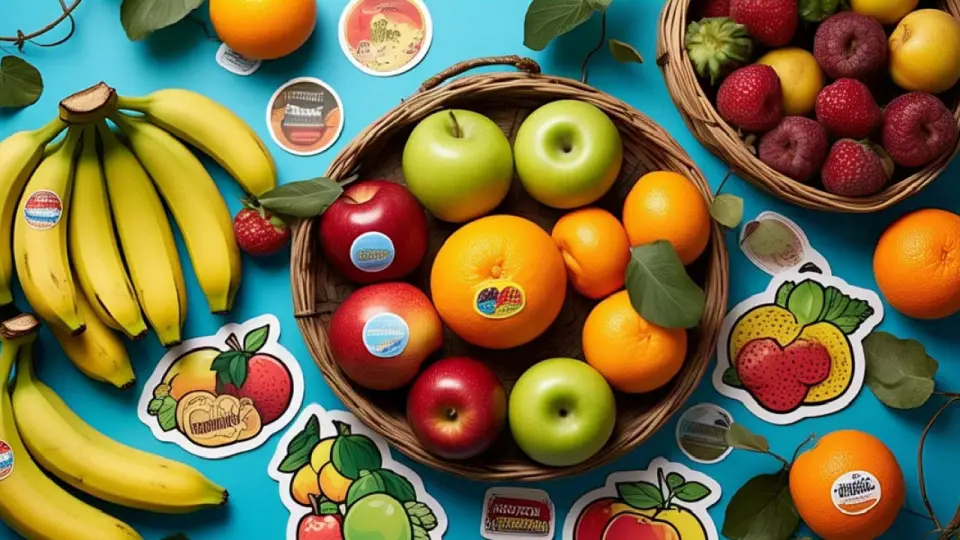
Stickers of Fruits (Meta ai)
Lifestyle News: When buying fruits from the market, we often focus on their color, freshness, and sweetness. But there's something small yet important that we usually overlook—the sticker attached to the fruit. These tiny labels are not just for decoration or pricing. They hide essential information that directly relates to your health and safety.
Technically known as PLU codes (Price Look-Up Codes), these stickers tell you where the fruit came from, how it was grown, and what farming methods were used. In short, they can help you understand whether the fruit is organic, chemically grown, or genetically modified.
These stickers are part of a global classification system. The PLU coding system is widely used for shipping, handling, pricing, and inventory tracking of fruits and vegetables across the world. Each sticker provides critical insights such as:
The type and variety of the fruit
The farming method used—whether conventional, organic, or genetically modified
Helps retailers determine the price based on the code
Here’s what the numbers actually mean:
Four-Digit Code (e.g., 4231, 4056)
If a fruit has a four-digit code beginning with 3 or 4, it means the fruit was grown using conventional farming methods, which typically include the use of chemical fertilizers and pesticides. While these are the most common in markets, excessive consumption may carry long-term health risks.
Five-Digit Code Starting with 8 (e.g., 85431, 83212)
A five-digit code starting with 8 indicates the fruit is a genetically modified organism (GMO). This means its genes were altered in a lab for various reasons, such as size or shelf life. Many consumers prefer to avoid GMO products, especially as studies on their long-term effects are still ongoing.
Five-Digit Code Starting with 9 (e.g., 93435, 95782)
This is the best find! A five-digit number starting with 9 means the fruit is 100% organic. It has been grown without synthetic chemicals, pesticides, or genetic modification. Such fruits are considered the healthiest and safest options.
That tiny label on your apple or banana may look insignificant, but it holds valuable insight into what you're putting into your body. The next time you buy fruits, don’t just go by looks—take a second to read the sticker. Your informed choice today can lead to a healthier tomorrow for you and your family.













Copyright © 2025 Top Indian News
